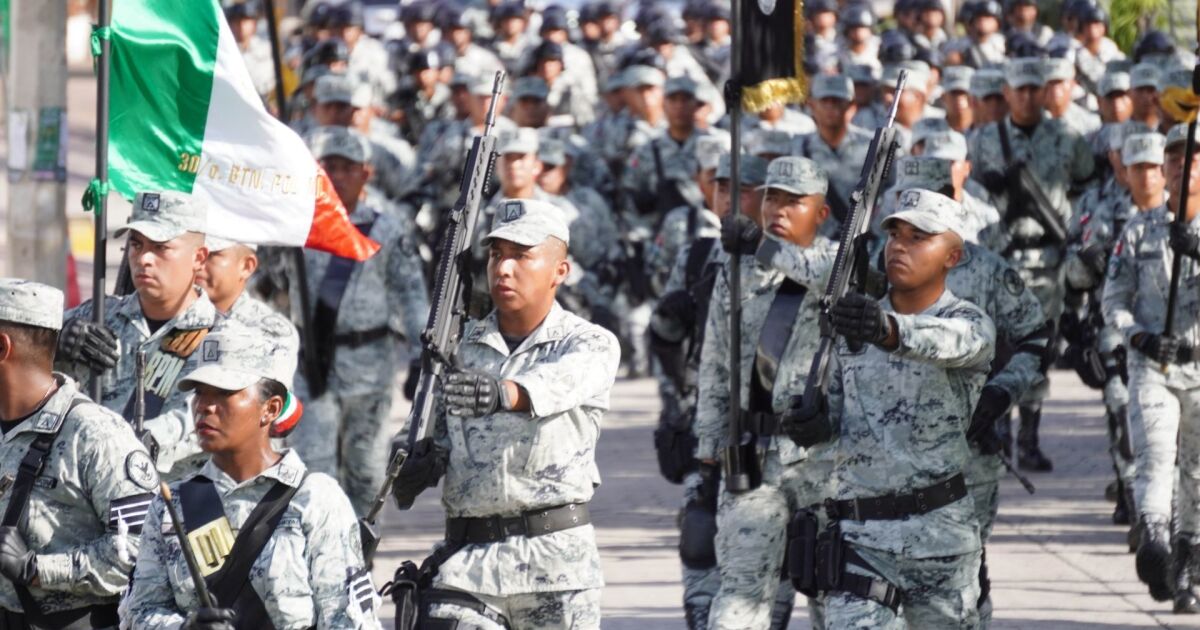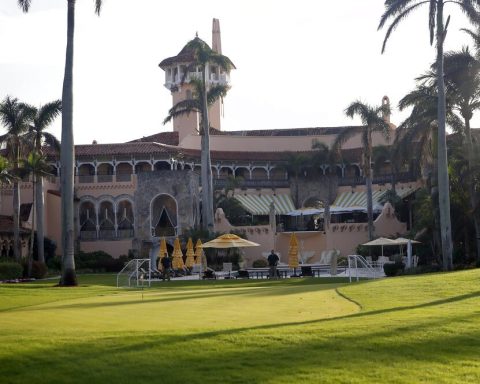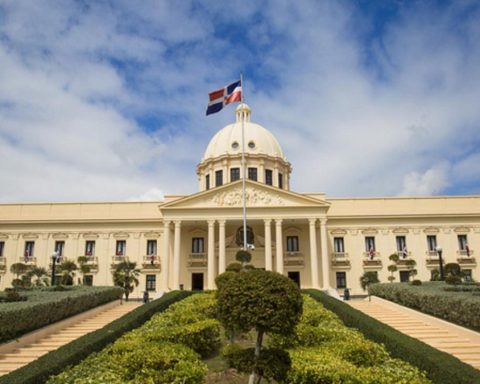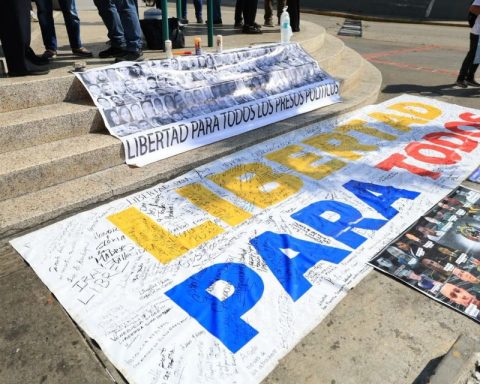#BREAKING | The opinion by which various provisions of the Political Constitution of the United Mexican States are reformed, added and repealed, in terms of matters of law, is approved in general with 362 votes in favor, 133 against and 0 abstentions. #NationalGuard pic.twitter.com/95iNZTW0gd
— H. Chamber of Deputies (@Mx_Diputados)
September 20, 2024
It is specified that the person in charge of this security body must hold the rank of Major General of the National Guard, but if there is no personnel with that training, the appointment will fall to a Major General of the Army trained in public security matters.
It is mentioned that the personnel of the defunct Federal Police will stop providing their services in the National Guard and will be assigned to the Secretariat of Public Security and will retain their labor rights.
(Andrea Murcia/Cuartoscuro)
Meanwhile, military and naval personnel who are part of the National Guard will no longer be part of the Armed Forces of origin, but will retain their labor rights, such as the seniority they have.
During the general discussion, the opposition parties pointed out that this reform “militarized” the country, as they mentioned that the Army would be in charge of the National Guard.
Deputy Patricia Mercado, from Movimiento Ciudadano (MC), said that her party is voting against this reform because it does not solve the problem of insecurity and violence in the country.
“The executive branch’s approach at the beginning of the six-year term was to respond to the immediate security needs with the formation of the National Guard and we unanimously decided that this would prepare the ground for a large civil police force. The reform that is being presented goes in the opposite direction because it makes this participation permanent and eliminates the few democratic controls,” he said.
In response to opposition accusations that this reform will militarize the country, Deputy Tatiana Ángeles Moreno denied it and specified that only the National Guard will be incorporated into the Sedena, but will not be part of the Mexican Army.
He specified that these elements will be governed by public safety rules and principles and will be obliged to respect human rights.
“The presence of organized crime in Mexico can hardly be resolved without the presence of a military body that acts in the internal security of our country; in these five years of presence of the National Guard, it is far from what the opposition has called the militarization of the country.”
He also emphasized that militarization is the process by which the Army participates and influences politics, the economy and education in a country, and when the military forces subject the population to its military regime. “There is no militarization in Mexico,” he said.
Last year, the Supreme Court of Justice of the Nation (SCJN) declared unconstitutional reforms to four laws regarding the National Guard in which, at the proposal of López Obrador, the majority of Morena and allies had authorized the administrative, budgetary, organic, functional and command transfer of the National Guard from the Secretariat of Security to the Sedena.
The Court’s decision was due to the fact that the Constitution expressly mandates that the National Guard must be civilian.
That is why the president has now directly proposed changing 12 articles of the Constitution to give that institution military command with all its administrative, budgetary and operational consequences.

















